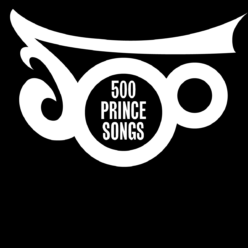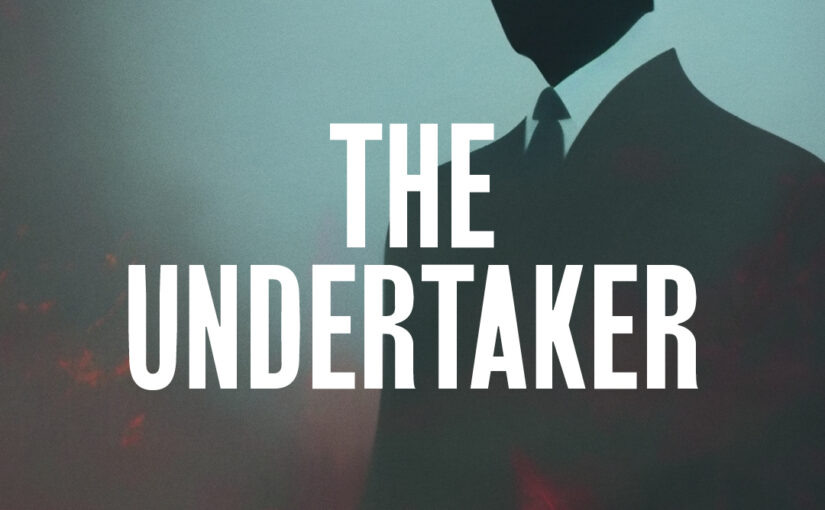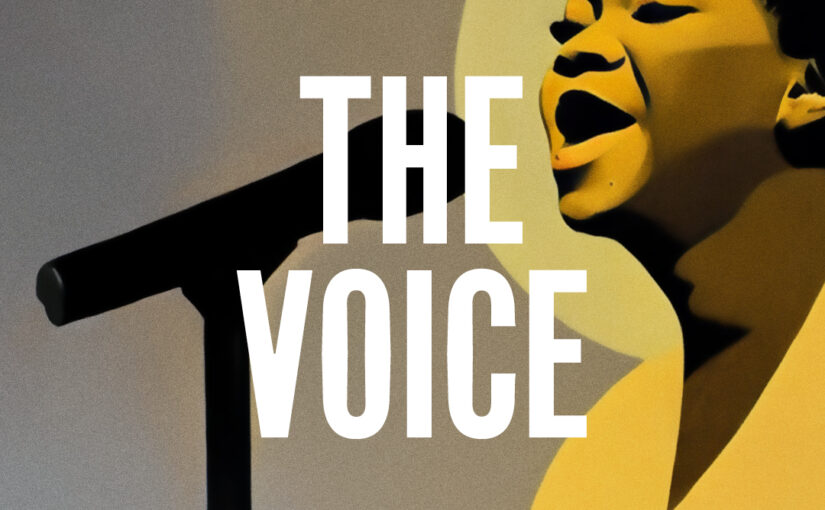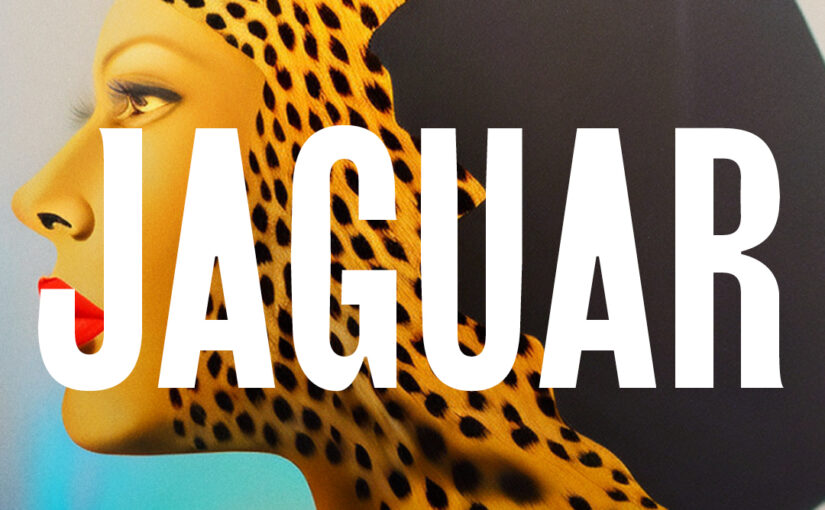The Voice (1993) / The Undertaker (1995)
Mavis Staples was briefly married to an undertaker in her youth, which may be the reason Prince gifted her this song. The Undertaker’s lyrics warn against gun violence and crack cocaine – cautionary words which Mavis performs with her usual aplomb. But, as good as it is, we’re not here for that. She brings the soul but in Prince’s 1995 recording grows something immeasurable and powerful. A force that is both subterranean and super-celestial, and lies growling in the bass for six minutes before exploding from Prince’s guitar in an unleashed storm of raw, white-hot rage. The slow build and release is cleansing. A soul enema. And for a while afterwards our emotions are much closer to the surface. Colours are more colourful. Joy surfaces more readily. I was at a funeral yesterday, my first in a very long time, and what struck me were the extremes of emotion on show. Tears I expected but they were punctuated by moments of jubilation as family members who hadn’t seen each other for decades reunited. And even more memorable were the moments of hilarity. People siloed in personal grief during the service connected again in laughter as the coffin left to the sound of the departed’s favourite song: Meatloaf’s Bat Out of Hell. Something similar happened when we arrived and our silent solemnity was ruptured by the car radio playing Pharell’s Happy. No other artform has the ability to instantly flip your emotions like music. And no other artform works as well as a reservoir for memory. Goodbye Denise. You taught me who David Bowie was and you’ll forever live on in my heart and in his songs. I hope you’re there with him now, pulling wheelies with Prince on his purple Hondamatic.
Tag: Mavis Staples
293: The Voice
Unreleased (1991) / The Voice (1993)
The eyes may be the window to the soul, but the mouth can be a gateway to other realms. Whether it’s Pentecostal Christians speaking in tongues, Brahmin Hindus exhaling the cosmic Om or Pythagorean Mystics hearing musica universalis in sung harmonies, people have always sought the divine in the human voice. Mavis Staples’s gospel training may make her 1993 version of The Voice a spiritual experience for some folk. For me it does nothing. Yet Prince’s guide track recorded in 1991 and sung with little emotion or theatrics pulls me in like a tractor beam. He may be on cruise-control, singing about hearing the voice of God, but when it goes acapella he could be singing about his breakfast and still I’d hear a thousand Vedic mantras beat-matched to a Gregorian chant.
349: Jaguar
Time Waits For No One (1989)
Although its intended recipient Sheena Easton would have been a more obvious fit for this predatory funk-prowler, Mavis Staples cares not a jot for your bourgeois ageism. With a panther canter she hunts down and tears to shreds the notion that gospel singers in their fifties can’t sing about pursuing sexual prey. Melody Cool may have been “here long before you” but this powerful, lithe and unyielding “kitty wants your body fine” and she’s gonna get it, even if it means chasing you into the next lifetime. File under ‘stalker pop’, along with One Way or Another and Every Breath You Take.
462: Train
Unreleased (1986)
Prince’s contribution to America’s evergreen tradition of train songs. Unsurprisingly it’s a tradition that does’t exist across the pond because instead of romantically symbolising freedom and new horizons, a train in the UK’s post-privatised wasteland symbolises decaying infrastructure soundtracked with broken promises. Sure The KLF and Rolling Stones had a couple of train-related hits but they love to wear that damask cloak of Americana. The Kinks take on the genre was Last of the Steam Powered Trains which is all about a steam train in a museum. Boxcar Willie it ain’t. But I digress – Train was initially set to appear on Prince’s abandoned Dream Factory project but a watered down version eventually got released on Mavis Staples’ Time Waits For No One. Skip that and concentrate on the Dream Factory version if you can find it. A chugging beat. Whistles. “Woo woo”s (more Midnight Train to Georgia than Sympathy For The Devil). No musical trick is considered too literal to portray a departing train taking the singer’s lover away from their failing relationship and the effect is a powerful blues-tinged funk locomotive. It’s not the greatest song of the genre (Johnny Cash’s Folsom Prison Blues takes that mantle) but it’s certainly one of the most well-built.



